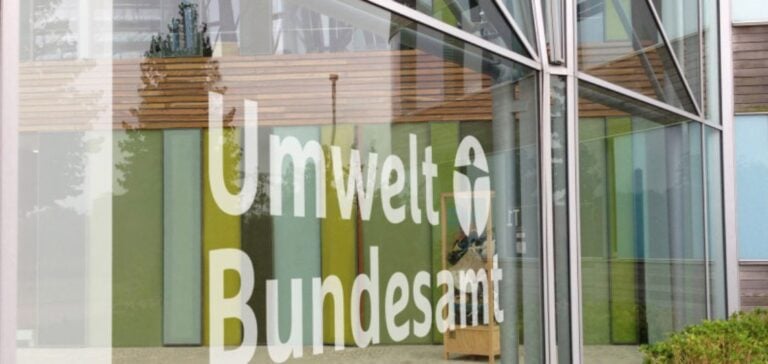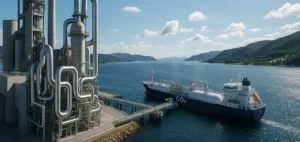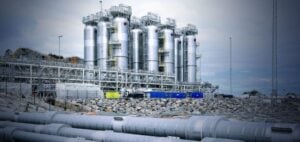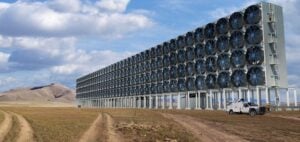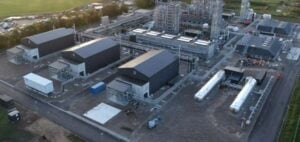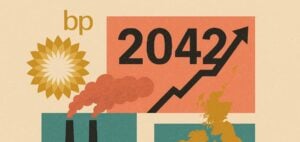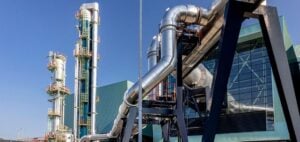Germany’s Federal Environment Agency (Umweltbundesamt, UBA) has suspended the award of reduced emissions certificates for eight Chinese carbon offset projects following the discovery of serious “irregularities”.
These projects, designed to reduce the CO2 emissions of European companies by financing initiatives abroad, failed to meet transparency and verification requirements.
Some projects, involving oil companies, were never carried out, while others exaggerated the results obtained.
These irregularities led to the immediate suspension of certificates for seven projects presenting “legal and technical inconsistencies”, as well as for an eighth project for non-compliance with validation rules.
The UBA has extended its investigations to 40 of the 69 emission reduction projects in China.
Twenty-one of these projects are under strong suspicion of fraud, prompting UBA to enlist the help of an international law firm to determine the extent of manipulation.
In collaboration with the Berlin public prosecutor’s office, UBA is seeking to clarify the responsibilities and potential implications of these irregularities, which could seriously affect the validity of carbon credits used on the European market.
Compensation mechanisms and verification failures
Carbon credits, as defined by the Kyoto Protocol’s Emission Reduction Units (ERUs), enable companies to offset their CO2 emissions by financing projects abroad.
These credits must represent real, verifiable reductions in greenhouse gas emissions.
However, recent events in Germany have highlighted major flaws in the validation processes for these credits, particularly when audits are carried out by private bodies.
Several companies specializing in environmental audits have also been targeted, following searches carried out last July at the request of the Berlin public prosecutor’s office.
These actions illustrate the authorities’ determination to improve supervision of these projects, often criticized for their opacity and lack of transparency.
Weaknesses in the validation of carbon credits raise serious questions about the reliability of these market instruments, which are crucial to achieving international climate targets.
The potential financial damage of this fraud is estimated at 4.5 billion euros, an amount based on unpaid fines by companies that have falsified their emissions reduction reports.
This situation has prompted the UBA to suspend the approval of new emission reduction projects in China since July 1, in a bid to restore confidence in carbon offset mechanisms.
Financial and regulatory implications
Germany’s freeze on carbon credits highlights the risks associated with delegating audits to potentially non-independent entities.
German and European regulators are increasingly being called upon to review project validation criteria and tighten the conditions for awarding carbon credits.
The market’s credibility depends on the authorities’ ability to implement more rigorous transparency and verification measures to prevent abuses.
The voluntary carbon credit market, already weakened by dubious practices, could also be affected by this crisis of confidence.
Credit prices and liquidity have been impacted, and lower-quality projects are facing increasing criticism.
Solutions such as diversifying offset methods, including methane collection and technological carbon capture projects, are being considered, but require rigorous audits and solid proof of emission reductions to maintain their credibility.
Outlook for the European carbon credit market
Revelations of carbon credit fraud in China are prompting regulators to adopt stricter measures and strengthen their validation requirements.
Cooperation between regulators, governments and companies will be essential to ensure the integrity of carbon offset mechanisms.
The market must adapt to more rigorous regulation, where compliance and transparency will be indispensable criteria.
Companies must be prepared for more frequent audits and stiffer penalties in the event of non-compliance.
The European carbon credit market, essential to strategies to combat climate change, must regain the confidence of investors and industry players alike.
Tighter regulation, combined with more rigorous monitoring, could help stabilize this fast-growing but still vulnerable market.

